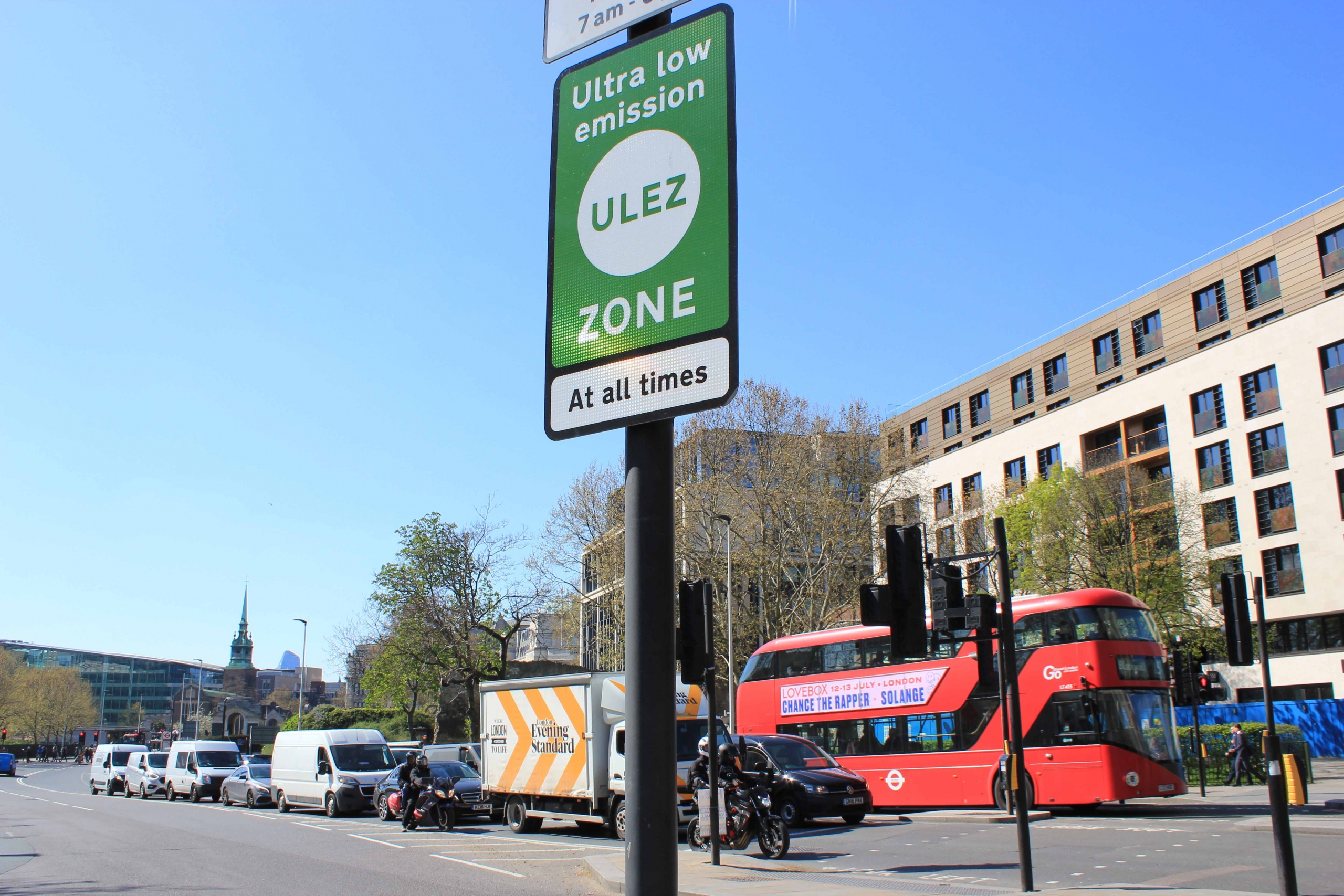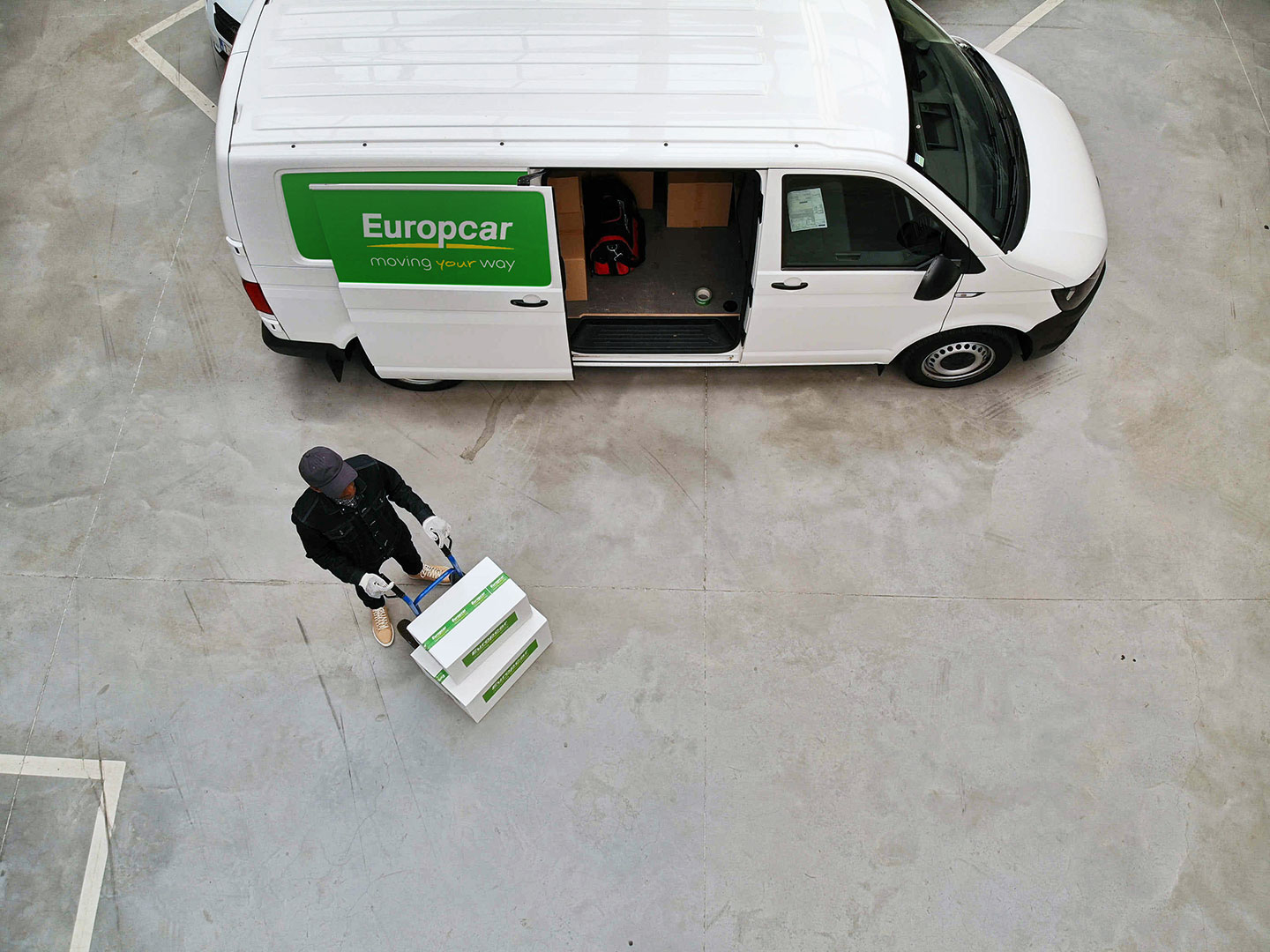2 May 2023
Europcar Mobility Group UK and Modern Insurance Magazine recently hosted a roundtable event to discuss how the insurance industry can find the most suitable mobility solutions for customers.
Europcar’s Business Development Director, Insurance, James Roberts sat down with six experts from across the insurance, credit hire and repairer sectors:
Kevin Branchflower, Growth Director, Vehicle Replacement Group
Chris Edwards, Motor Development Director, QuestGates
Chris Guy, Procurement Leader, Aviva
Wayne Mason-Drust, Managing Director, Accident Express Group
Kirsty McKno, Managing Director, Cogent Hire
Owain Reid, Supplier Management Owner – Insurance Transition
The group got straight into the big issue: the cost of courtesy cars, and whether a hire model is more cost-effective for bodyshops in a post-pandemic world. The swathe of challenges that push up the cost of courtesy cars, from difficulties sourcing new vehicles and the lack of manufacturer discounts available to the increasing costs of servicing, maintenance and insurance were debated. The lack of flexibility when a bodyshop is “stuck with” a courtesy fleet for several years is another challenge.
Historically, rental costs have been a barrier to bodyshops who may have considered hiring as-and-when over keeping a fleet of courtesy vehicles. But times have changed. Europcar is now seeing the cost of courtesy car leases almost matching that of daily rental, meaning rental is a more cost-effective route for many if utilised efficiently.

Like-for-like
The issue of policies that promise a like-for-like courtesy vehicle also needs to be navigated. With the range of vehicles on the roads today ever-wider, keeping that promise becomes increasingly challenging, especially if choosing from a limited pool of courtesy vehicles on fleet. The group acknowledged that when a repairer cannot provide a suitable courtesy vehicle, the customer will often expect the insurer to step in and find an alternative mobility solution.
Parts delays and rising repair costs add to the challenge. The option of repairers releasing safe vehicles back to policyholders temporarily, while awaiting delivery of new parts to reduce reliance on courtesy vehicles and take the pressure off repairers, was examined. With bodyshops facing a multitude of challenges, access to vehicles at reasonable rates was highlighted as a solution to reduce the need to keep and maintain their own fleet. However, if bodyshops are forced to concentrate too much on fleet management, this can distract from their main priorities.
Everyone around the table agreed that in an ideal world, an assessment should always be carried out to determine ‘genuine need’ for a replacement vehicle.
Closing the mobility gap
Delivery and collection can make the courtesy car model the more time-efficient option, as a courtesy car is delivered when the customer’s car is collected, closing the mobility gap. However, any failed or delayed delivery and collection will impact the repair schedule, and this is another example of where the bodyshop may have to dedicate internal resource to non-core fleet management tasks. A strong fleet management system can make all the difference, enabling repairers to talk to customers to find a suitable day for repairs to take place when they do not need another vehicle.
Finding the perfect balance
The group concluded that a hybrid model, with bodyshops leasing some vehicles and relying on rental to fill any gaps, would be the best long-term solution to manage demand, workload and costs. Greater integration between repairers and vehicle providers would enable this to run smoothly; networks of bodyshops working together will go further still to aggregate demand and reduce fleet management responsibility.
The group also agreed that greater customer education – including around the cost of courtesy vehicles being added to their premiums or at some point in the claims journey – would bring the benefit of reduced demand for like-for-like vehicles, thereby reducing market pressure. However, all participants around the table agreed that customer experience must be kept front of mind. The importance of the industry working together, keeping conversations open while closing gaps in mobility solutions will reduce strain on the industry and supply chain.
To read the full report of the roundtable click here





